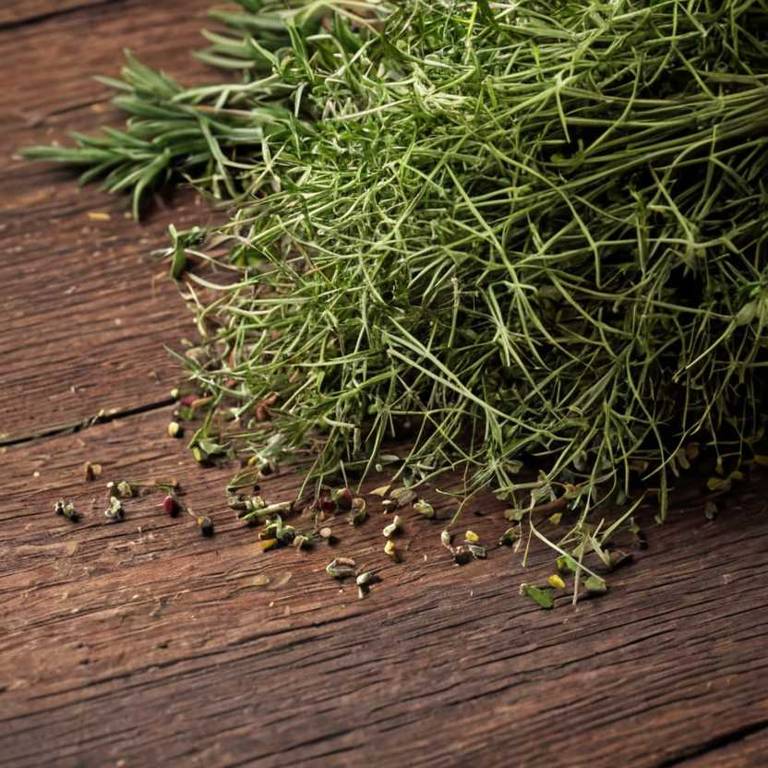By Leen Randell
Updated: Jul 06, 2024
What Are The Medicinal Properties Of Ephedra Sinica (Ma Huang)?

Ephedra sinica, also known as ma huang, has health benefits such as relieving respiratory congestion, reducing fever, and promoting diuresis.
The herb is rich in ephedrine, pseudoephedrine, and other medicinal alkaloids that contribute to its therapeutic properties. In traditional Chinese medicine, Ephedra sinica is prepared into teas, infusions, or decoctions, which are used to treat a range of conditions, including colds and flu. However, excessive consumption can lead to side effects such as insomnia, anxiety, and hypertension.
To use this herb safely, individuals should consult a healthcare practitioner and follow recommended dosages carefully.
This article explains the health benefits, active constituents, medicinal preparations, possible side effects, and precautions related to Ephedra sinica.
What are the health benefits of Ephedra sinica?
Ephedra sinica, also known as ma huang, has health benefits such as decongesting the airways and relieving respiratory issues like bronchitis and asthma.
Its ephedrine content can also aid in reducing fever and alleviating pain. Traditionally used in Chinese medicine, ma huang is believed to have a thermogenic effect, which can boost metabolism and support weight loss efforts.
However, it's essential to consult a healthcare professional before using ma huang due to potential interactions and side effects.
Here's a detailed article about the 10 health benefits of Ephedra sinica.
What are the active constituents of Ephedra sinica?
Ephedra sinica, also known as ma huang, has active constituents such as ephedrine, pseudoephedrine, and norpseudoephedrine, which are responsible for its medicinal properties.
Ephedrine and pseudoephedrine are sympathomimetic amines that stimulate the release of norepinephrine, producing vasoregulatory effects, while norpseudoephedrine has a more potent action.
These constituents have been traditionally used to treat respiratory issues such as bronchitis, asthma, and hay fever, as well as fever reduction and anti-inflammatory effects.
Here's a detailed article about the 10 active constituents of Ephedra sinica.
What are the medicinal preparations of Ephedra sinica?
Ephedra sinica, also known as ma huang, has medicinal preparations such as traditional Chinese medicine, which is commonly used to treat respiratory issues, including bronchitis and asthma.
The plant's active compounds, ephedrine and pseudoephedrine, are used in various forms, including pills, tablets, and capsules, to relieve symptoms of colds, flu, and allergic reactions.
These preparations are also used to enhance physical performance and stimulate the nervous system.
Here's a detailed article about the 10 medicinal preparations of Ephedra sinica.
What are the possible side effect of using Ephedra sinica improperly?
Improper use of Ephedra sinica, also known as ma huang, increases the chances of experiencing side effects such as headaches, dizziness, and stomach problems.
Long-term use can lead to high blood pressure, cardiovascular issues, and insomnia. It can also interact with certain medications, exacerbating conditions like anxiety, hypertension, and asthma.
Furthermore, excessive consumption may result in tremors, agitation, and an increased heart rate.
Here's a detailed article about the 10 most common side effects of Ephedra sinica.
What precautions to take when using Ephedra sinica medicinally?
Here's a detailed article about 10 precautions to take when using Ephedra sinica.